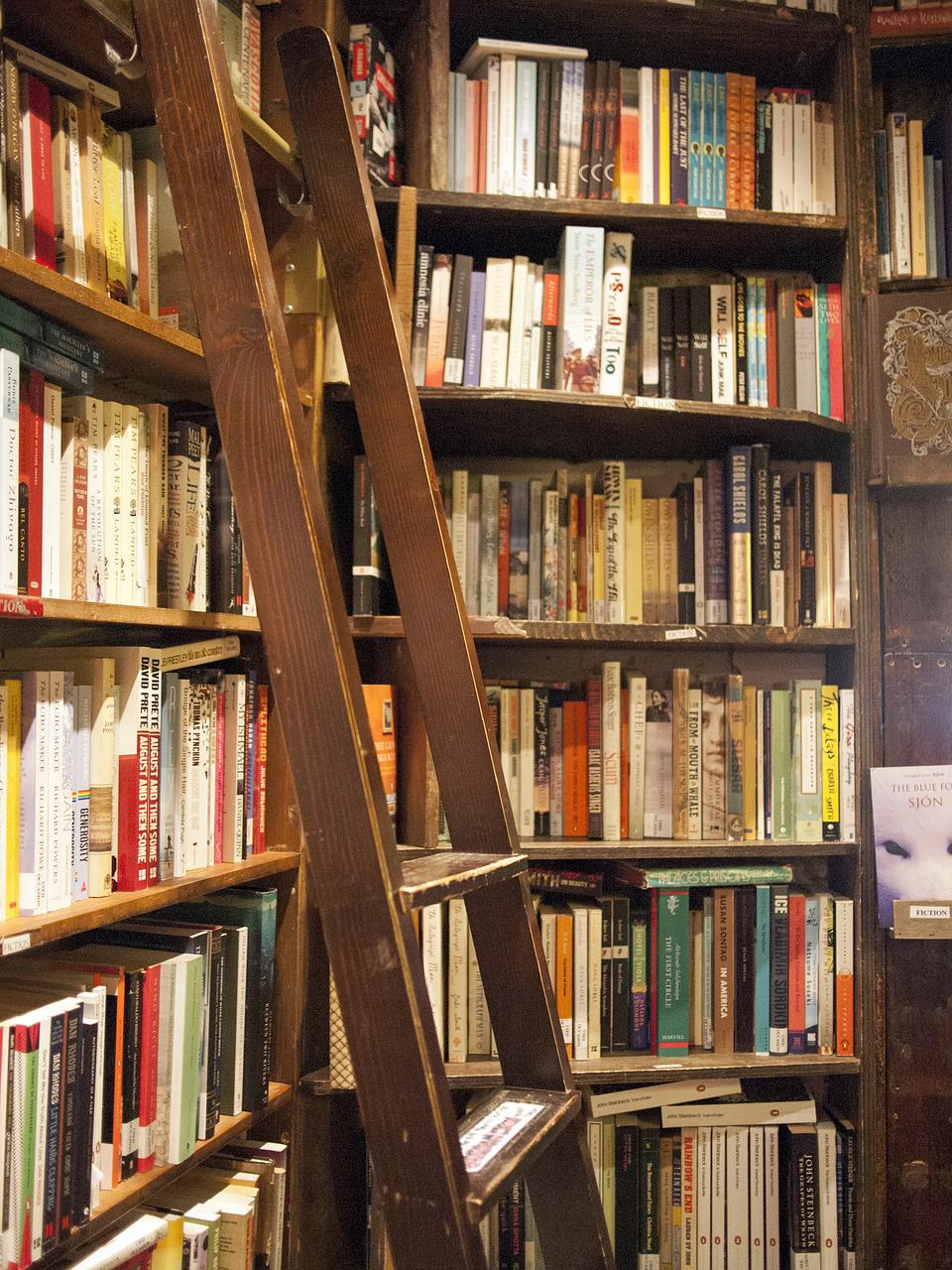This will be my last post where I have any pretense of “insider” information on the publishing business, as I have retired from my library fiction acquisition job and will no longer have access to the latest articles in publishing journals. But for now, here are some thoughts on books and publishing based on recent industry articles:
Overall, the future for writers looks very rosy. Unit sales of print books were up last month by the highest percentage on record, including a 9% increase for adult fiction. E-book sales are also up, although it’s difficult to tell how much because there is no real reporting system for books sold in that format. (Some estimates put the increase in e-book sales for the year as high as 11%.) Bricks and mortar bookstores are especially reporting strong sales and a fair number of independent bookstores say the pandemic has actually aided them, by forcing them to develop an on-line presence as well as working on ways to enhance their relationships to customers.
Physical bookstores are especially important to authors, because they are the best places for readers to discover new books and authors. The crucial word here is “new” because right now, almost two-thirds of the books sold are backlist titles. (In 2010, they represented only 54% of book sales.) Most experts think the reason for this is that the algorithms used by online book platforms expose readers to fewer new authors than readers would discover by browsing in person.
For publishers, the trend towards backlist titles makes it easy (and profitable) to promote books that are already selling, rather than the more difficult endeavor of trying to build sales of a new author or introducing new books by an established, but not yet well-known, author. It becomes a kind of a feedback loop. If you sell a lot of books, the publishers and algorithms promote you. But if you are a new or relatively unknown author, how do you sell enough books to get noticed and promoted?
The key appears to be social media. Book blogs and promotion by readers has become a driving force in the market. If your book gets noticed by an “influencer”, sales will jump dramatically. A perfect example is Colleen Hoover. She started out as a self-published author in 2012. Book bloggers and social media pretty quickly caught on to her and her first book made it to the NYT e-book fiction bestseller list. That led to a contract with a Simon and Schuster. (Despite having a traditional publisher, she has continued to self-publish.)
Over the years, Hoover’s popularity continued to build, but what really kicked it off was TikTok, or more specifically, #BookTok, the reader niche of the app. At one point this spring, Hoover had four titles on the hardback and trade paperback PW bestseller lists. Hoover is such a phenomenon that she ultimately falls into the “the stars align/lightning strikes/God smiles” theory of best sellers. She wrote the perfect book(s) at the perfect time and had the perfect promotional opportunities and everything magically came together. But even those of us writers who are less cosmically favored can see the incredible power of social media to drive book sales.
I’ve been studying the book industry for over thirty years, from even before I got my first book published. There have been enormous changes, but a lot of things haven’t altered that much. In the old days, I knew amazingly talented authors who never had the luck to get their books in front of the right editor at the right time and never got published. Now those same authors would have the option of self-publishing. But if they do, there is no guarantee they will experience even modest success, even if their book is truly excellent. The specifics have changed, but so much of publishing success is about luck.
This could be discouraging, but just like the writers in the past who continued to write despite not getting the breaks, writers today have to persist even when their book sales remain sparse. Because the only guaranteed way to fail in this business is to quit.
Some Thoughts on Publishing
Category: Uncategorized


First, congrats on your retirement! Second, thanks for this encouraging news about the publishing industry. Long live books!